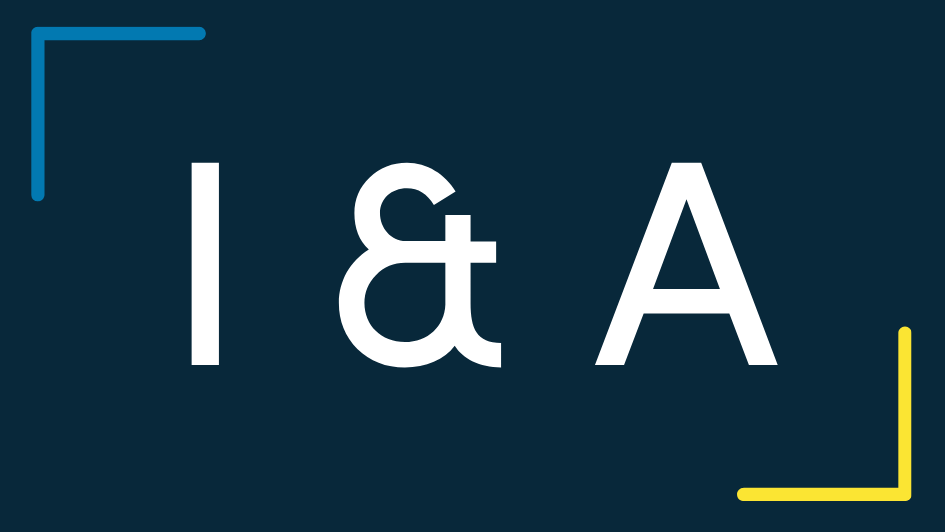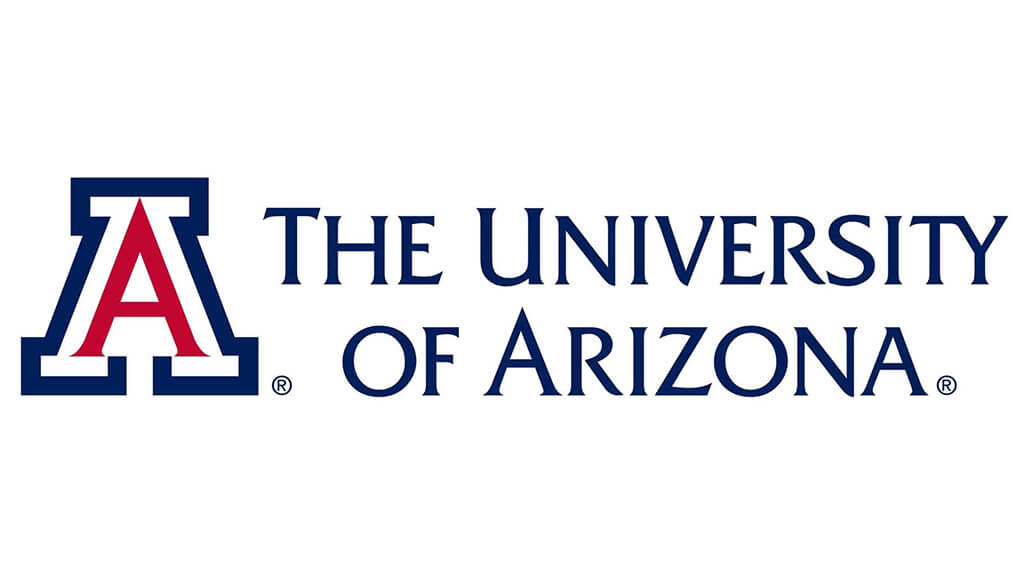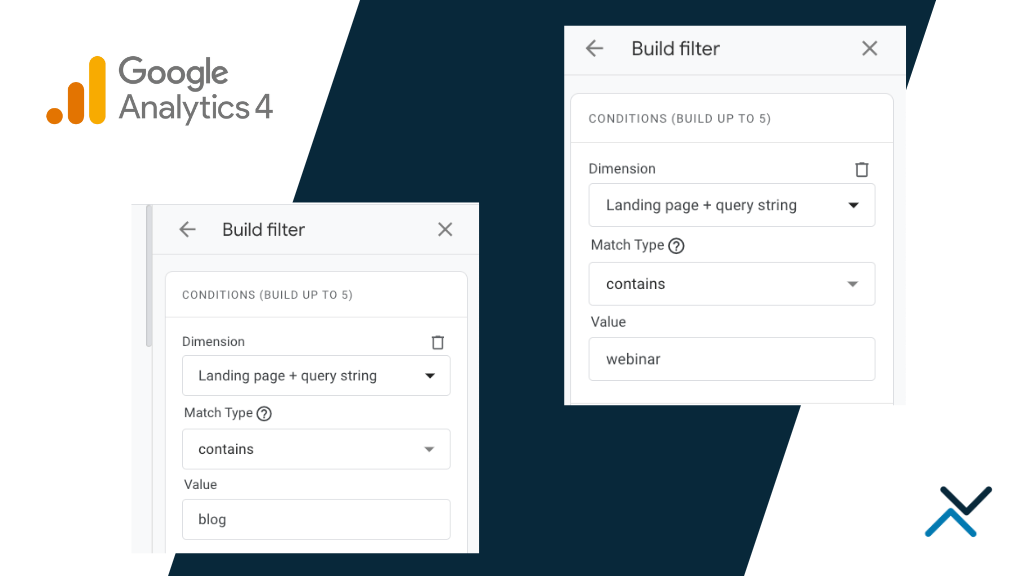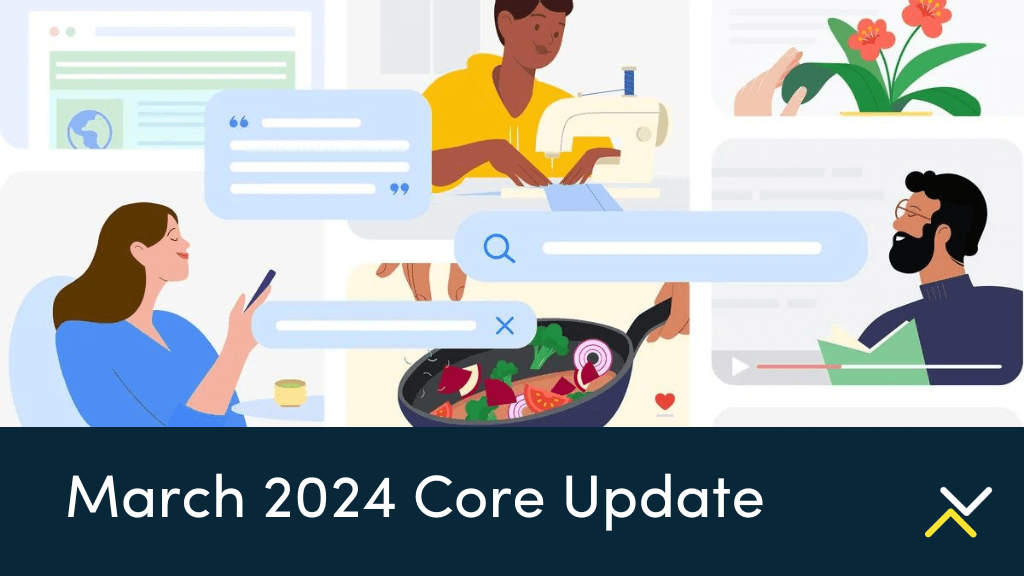A brand name can be everything. It’s your first impression to customers and can speak to the services your business offers. In some cases, a brand name is a family name that has been used over time and in other instances it’s related to the geographic locations served.
Brand names also become your digital persona online – on Facebook pages, Instagram, Twitter handles and of course, in Google search. It’s important to cater your branding to these different channels, but to also be consistent in your messaging both online and offline.
Choosing the right brand name can go a long way in helping people find out about your business despite the type of industry you may operate in. The right branding is even required for educational institutions like the University of Arizona.
University of Arizona Changes Branding from UA to UArizona
In a recent move, the University of Arizona changed its online branding from “UA” to “UArizona” specifically to help out its search engine optimization efforts. The institution branded all of its online and offline content as “UA” without realizing how common and frequently used the phrase “UA” actually is.
From the University of Alabama (UA) to the US-based air carrier United Airlines (UA) and the Steph Curry sponsor Under Armour (UA), the phrase “UA” is too common and was causing the University of Arizona to miss out on organic traffic.
Here’s a look at the school’s current organic traffic trend:
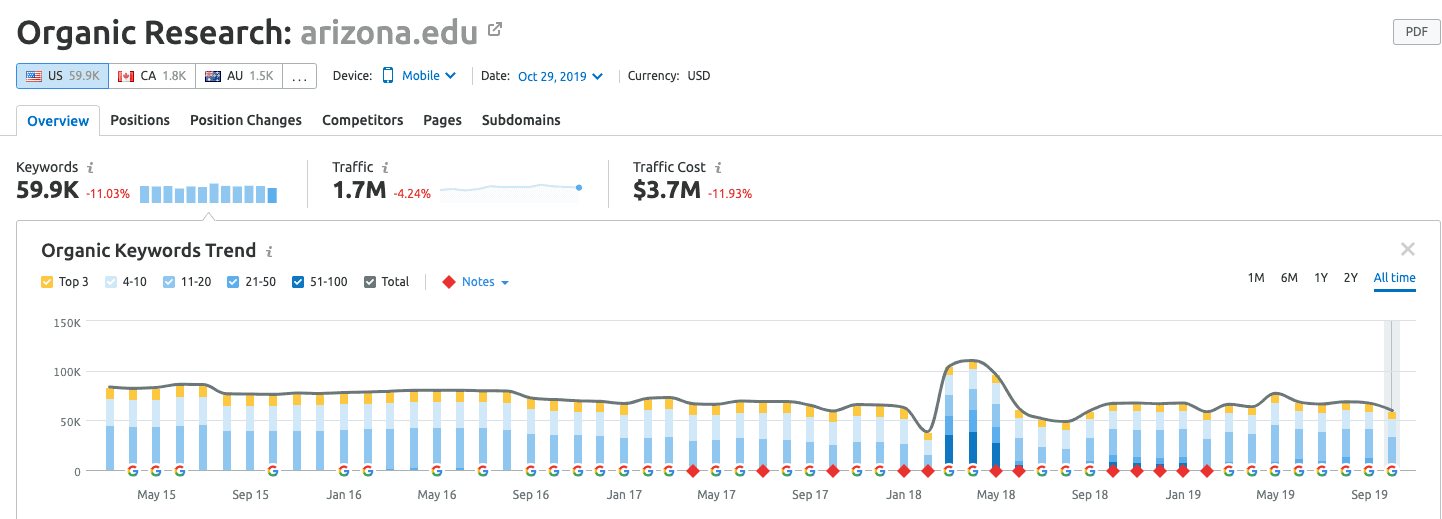
Aside from a significant bump in organic search in early 2018, traffic has struggled to grow over time due to stagnant rankings. And when a branding strategy is non-descriptive, it can be difficult to rank for certain key phrases.
In this example, the phrase “UA” was not referencing the state of Arizona whatsoever, which becomes problematic when trying to find out information about the University of Arizona’s programs and resources in organic search. All of the school’s offline branding referenced “UA” and when people turned to Google for more information, they were unable to quickly find the University of Arizona. Of course, the institution’s domain name is arizona.edu, but results were not showing high enough in the search engine result pages.
Now, the Tucson-based university is moving forward with “UArizona” to better highlight that it is an institution in the state of Arizona. All communications and media documents will now be branded as UArizona and the school has already changed its Twitter handle to @uarizona.
What Branding Means to Your Business
Getting it right with your online branding can make or break your success with social media marketing and SEO, especially for local campaigns. If you can establish your digital persona with an easy to remember brand name, you have a much better chance at attracting and retaining customers. Anyone searching hashtags related to your business or looking for your name in Google need to be able to find you as easily as possible.
Here are few quick tips to remember with online branding and SEO:
Keep It Short
First, keep your naming short. From your domain name to your Twitter handle, it’s much easier for customers to remember a short name. Just think about Nike, Southwest, Apple, etc. – all short brand names that stick in the mind of the consumer instantly. Even if you have your family’s name as part of your business name, try to keep it as short and to the point as possible.
Domain Names
There is plenty of evidence in SEO to suggest that a .com domain name extension works best. Unless you operate a university (.edu) or government website (.gov), opt for a .com extension over a .net, .co, .me, etc. Most registrars allow businesses to register just about any name extension now (Name.com has the most creative offering we’ve seen so far), however, a .com extension will be best for long-term branding.
Meta Data Use
A common issue we see with businesses handling SEO in-house is that they forget to include the brand name in meta titles and descriptions. This is key to Google understanding who your business is and building the trust you need to succeed in organic search results. Create your titles as “[page name] | [brand name]” to ensure your branding is prominent on every page. Likewise, include your company name in your meta descriptions.
 In the example for Southwest.com, notice how the name is at the end of the page title and referenced in the description. If the title tag only read “Flights from Sacramento to Phoenix” without mention of a company name, searchers might not realize it is a page from Southwest.
In the example for Southwest.com, notice how the name is at the end of the page title and referenced in the description. If the title tag only read “Flights from Sacramento to Phoenix” without mention of a company name, searchers might not realize it is a page from Southwest.
Own Your Search Engine Results Page (SERP)
When a potential customer is researching your brand on Google, you need to make sure you own your search engine result page (SERP). This simply means having at least the first page of Google dedicated to your brand through your own website, a Yelp page, a Facebook page, a Twitter page, an Instagram page , etc. Create profiles with authoritative web properties to help you fill up the first page of results. When someone searches for your company name, they will have no problem finding you.
Integrated Marketing Communications (IMC)
Lastly, but possibly the most important, is to be consistent with all of your marketing channels, both online and offline. This means any email you send, any postcard you throw in the mail and all content on your website have the same branding, voice and overall messaging. It’s surprising how many businesses communicate differently through various channels when one consistent marketing strategy can carry a lot of benefits.
Conclusion
Take a step back to check out all of your online branding and ask yourself the following:
- Is my branding consistent?
- Do I have an easily identifiable domain name?
- Are my social media profiles correctly branded?
- Am I using the correct messaging in every channel?
If not, it might be time to consider a long-term branding strategy. If a well-reputed college had to go with a new branding strategy, there’s a chance you might need to as well. Reach out to our Phoenix SEO experts to get an audit of your online branding done today. We’ll point out any areas of uncertainty, as well as opportunities your business can begin capitalizing on now.


